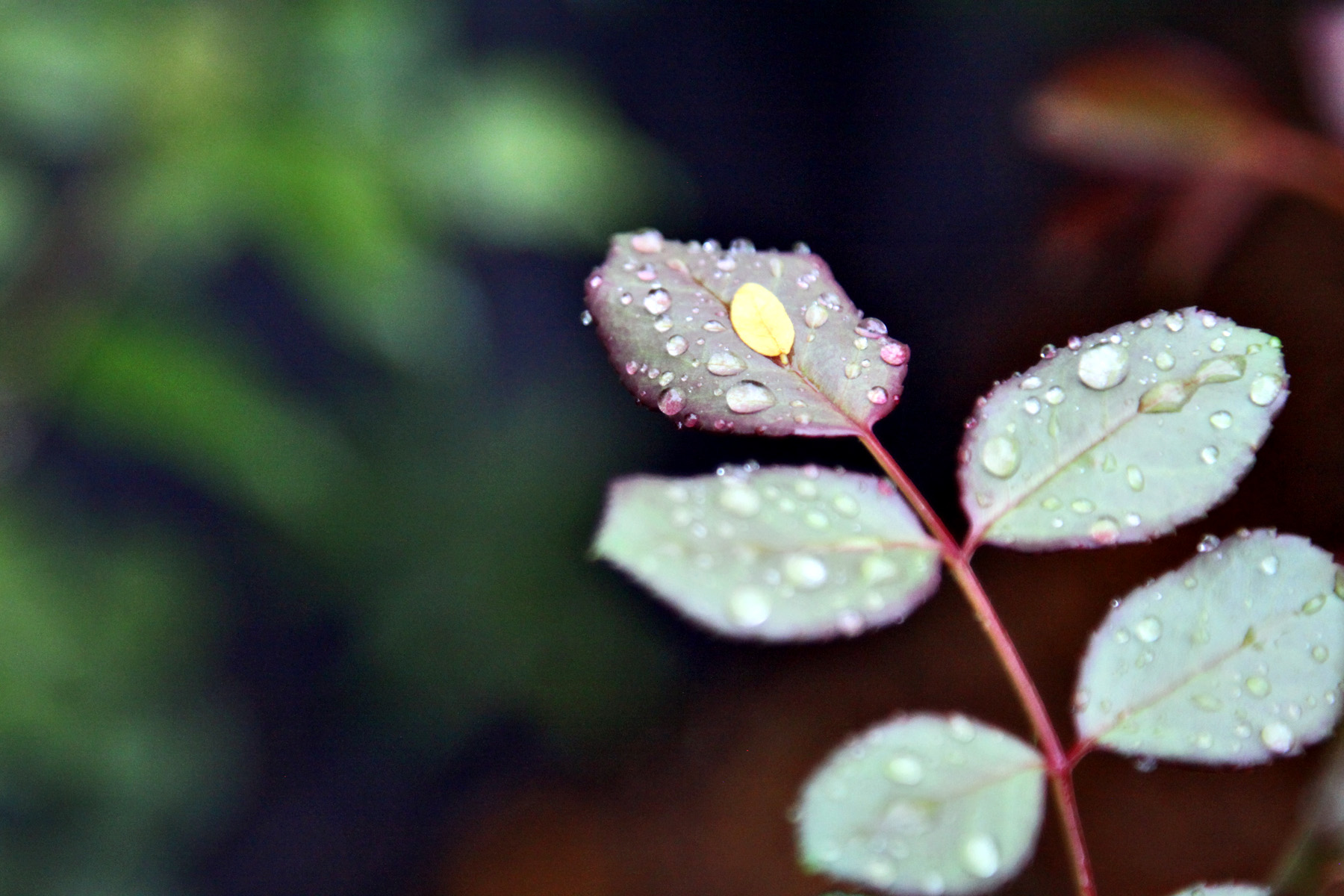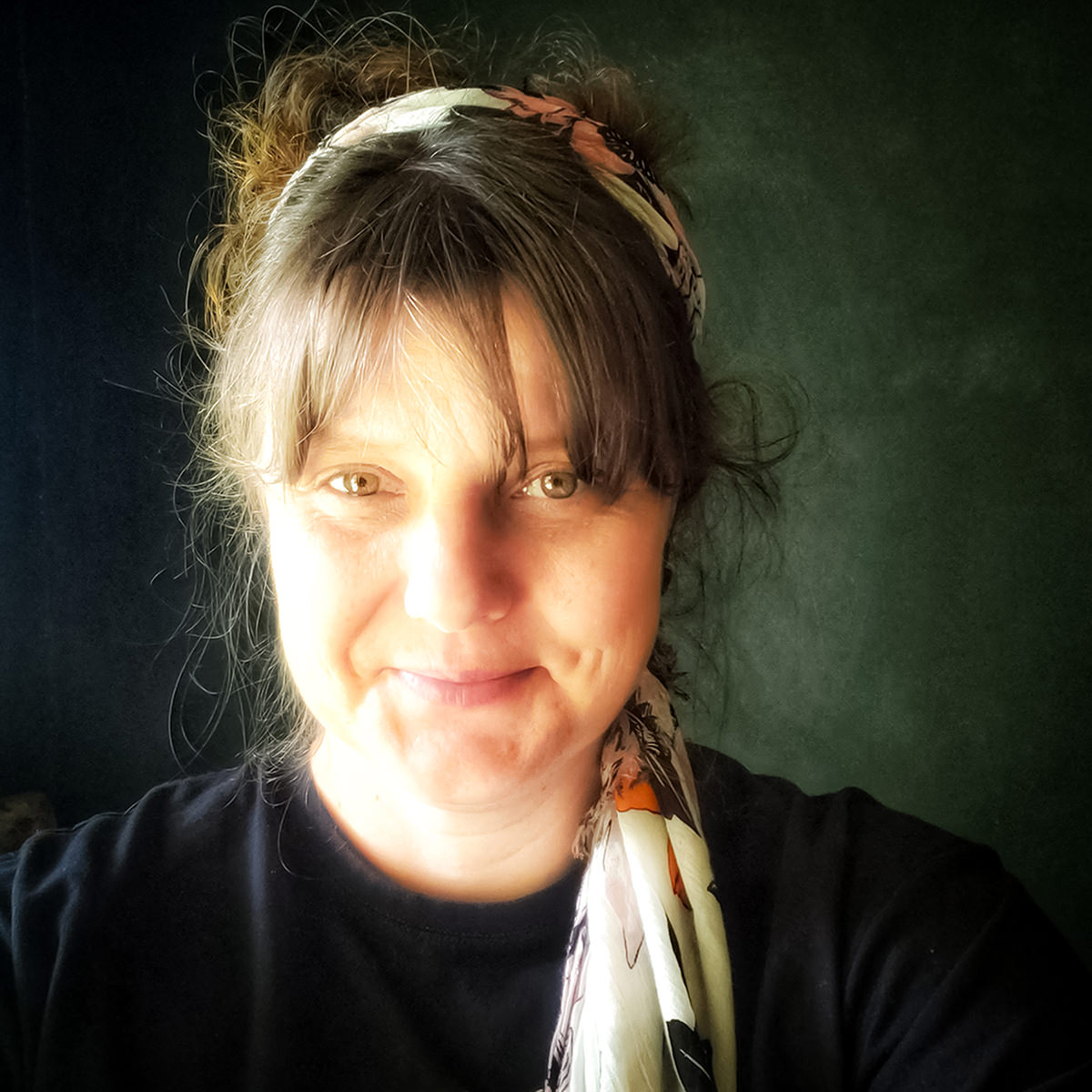Georgia Summer Storms
It’s been a hot couple of weeks here in Ohio. I’ve heard that we don’t have a monopoly on heat, either. The whole country is hot. Fortunately, the never-ending rain we’ve had this spring and summer means that we’re not crusty hot. We’re soggy, stewy, steamy hot instead.
I remember summers growing up in Georgia that were hotter than anything. The dry flies would rasp a rhythm that laid perfectly under the coo of the mourning dove. The grass would actually crunch when you stepped on it. I grew up on a small farm that felt huge when we would put up hay with leaf rakes and pitchforks. I can still feel my crispy sunburned back when I would lay on the floor in front of the fan at night watching the Braves with daddy.
But my most precious memories are the rain. Rain is life, pressed down, shaken together, and running over from the very throne of God, poured out on us all, just and unjust.
When I was five, my parents bought land in the middle of nowhere. Daddy cut trees for months and squared them into beams with his chainsaw. Mama cut mortises and tenons and drew blueprints; they raised timber-framed bents into a house that looks like it’s been there General Oglethorpe claimed that corner of the country. It was the hottest, driest summer Georgia had seen in about a hundred years. Daddy worked as a fireman with a 24/48 schedule, which meant we would load up in Old Gray (our van) when he would get home from work one morning, drive an hour to “the property”, and my parents would work their fingers to the bone all day while the three of us amigos would play. That night, mom would cook over a campfire, we would haul water from the creek in garbage cans, and we would sleep in a tent or in Old Gray. The next day, more construction, then an hour drive back home so Daddy could be at work the next day. I’m pretty sure his job felt like a vacation that summer.
There was one particular “camp night” that came on the tail of an intense day. I don’t remember a lot of what had happened construction wise, but I do remember the smell of daddy when we all piled in the van. There were storm clouds rolling in for the first time all summer, so we opted for sleeping under cover. Unfortunately, that also meant we were all contained in a pretty small space. It couldn’t have been more than a minute or two after we closed the van doors that the heavens opened.
“Keith, we can’t live you tonight. Here’s some soap,” I can still hear mama throwing him out of the van and into the rain. It was such a gift. To us all.
I remember so many summers sitting on the front porch of that house watching rain come across the fields.
The air could be blistering hot, the humidity would pile up into giant clouds of dark thunder and the rain would come walking towards the house, run right over it and keep on going into the woods, leaving sweet, clean air in its wake.
A Life of Famine
In 2 Samuel 21, there’s a story about a woman named Rizpah. There’s not a whole lot revealed about her; she’s definitely not one of the better known Biblical examples or persons. And what we do know about her life is not a very pretty picture.
In the days of Saul, she was either sold or taken or gifted as a concubine to the new king of the Jews. She is offered as a human sacrifice for someone else’s political gain. There’s little doubt that she had no say in this turn of events. Maybe she viewed initially as exciting or fortunate, but there is also little doubt that feeling probably didn’t last long.
By the time we meet her in chapter 21, her husband is dead in disgrace. He had slowly slipped further and further down the rabbit hole of craziness in the wake of David’s growing popularity and blessing. She had been gifted sons from the Lord, so would not have been considered a total waste as a concubine, but now even they are a threat to a new anointed king. To make things worse, there’s a famine, which has been pouring out it’s rage on the land for three years. Three years of barren, dryness. Three years of shriveling, withering blight.
When David seeks the Lord for the reason behind the famine, God points to Saul’s breach of covenant with an ancient people, the Gibeonites, and when the king seeks atonement with the Gibeonites they point to the blood of Saul’s sons.
In 21:8, David hands over Rizpah’s sons to be hung on a tree on a mountain before the Lord to make atonement. There’s an amazing parallel here to Jesus’ sacrifice, but the thing I want to notice is this mama’s grief. She had to know when the edict was handed down, when the king’s messengers came to her door that there was no choice. The entire nation is suffering under blood guilt because of her dead husband’s actions, and someone must pay the price.
For the Healing of the Nations
In verse 10, she does what at first glance is a gruesome thing: sits beside the bodies of her murdered children, and chases the vultures off while they rot. It’s a horrifying picture. Maybe she’s finally lost it a little under the depth of sorrow that life has handed her. It’s completely possible, even likely, but I see a different story.
This woman has now not only been labeled as the widow of an imploded dictator, but now her sons have been killed and displayed as scapegoats for a nation’s sin. She is probably a little afraid to go home, wherever that may be. The land is dry, the people are festering, and she is alone. So, here she sits, on a rock covered in her grief. Waiting. Waiting for the rain.
She has nowhere to go, and is holding onto hope that her sacrifice is not in vain. That death will not have the final word.
That the blood of her sons will be for healing. She is sitting by the tomb after three days, waiting for it to open. And God sends the rain. Where she was the scorn of a nation, the great, great sacrifice she has made has brought peace. And rain. And she is sitting on the hill, watching it come.
We all live in famine. This life offers plate after plate of emptiness to souls that hunger, and there are days when every one of us eat those meals of hollow sorrow and think it will satisfy. It seems to take a while (sometimes three years!) before we recognize that we’re starving. I no longer want to be satisfied with habits of rightness that offer a feeling of comfort but leave me dry. Whatever sacrifice the King needs from us will be worth the promised healing. Come with me. Let’s climb the hill, where the Son was hung on a tree, and we’ll watch for the rain together.
It’s coming.
The featured image is titled “Raindrops on Rose Leaves” and is (c) Lancia E. Smith. It is used here with glad permission for Cultivating and The Cultivating Project.
Second-generation homeschooling mom of five wee snickbuzzards, Jordan Durbin is a maker of humble pottery, fine artist, calligrapher, gardener, pickle maker, baker of all things gluten-inclusive and butter-laden, violinist, vocalist, rabbit raiser, wife of one good man, lover of her blessed Redeemer. She has a Bachelor’s degree in fine art from Grace College in Winona Lake, Indiana. She is an avid coffee drinker, reader, and published children’s book author and illustrator. She aspires to proclaim the resurrection with every moment of her life.
Leave a Reply
A Field Guide to Cultivating ~ Essentials to Cultivating a Whole Life, Rooted in Christ, and Flourishing in Fellowship
Enjoy our gift to you as our Welcome to Cultivating! Discover the purpose of The Cultivating Project, and how you might find a "What, you too?" experience here with this fellowship of makers!


Add a comment
0 Comments